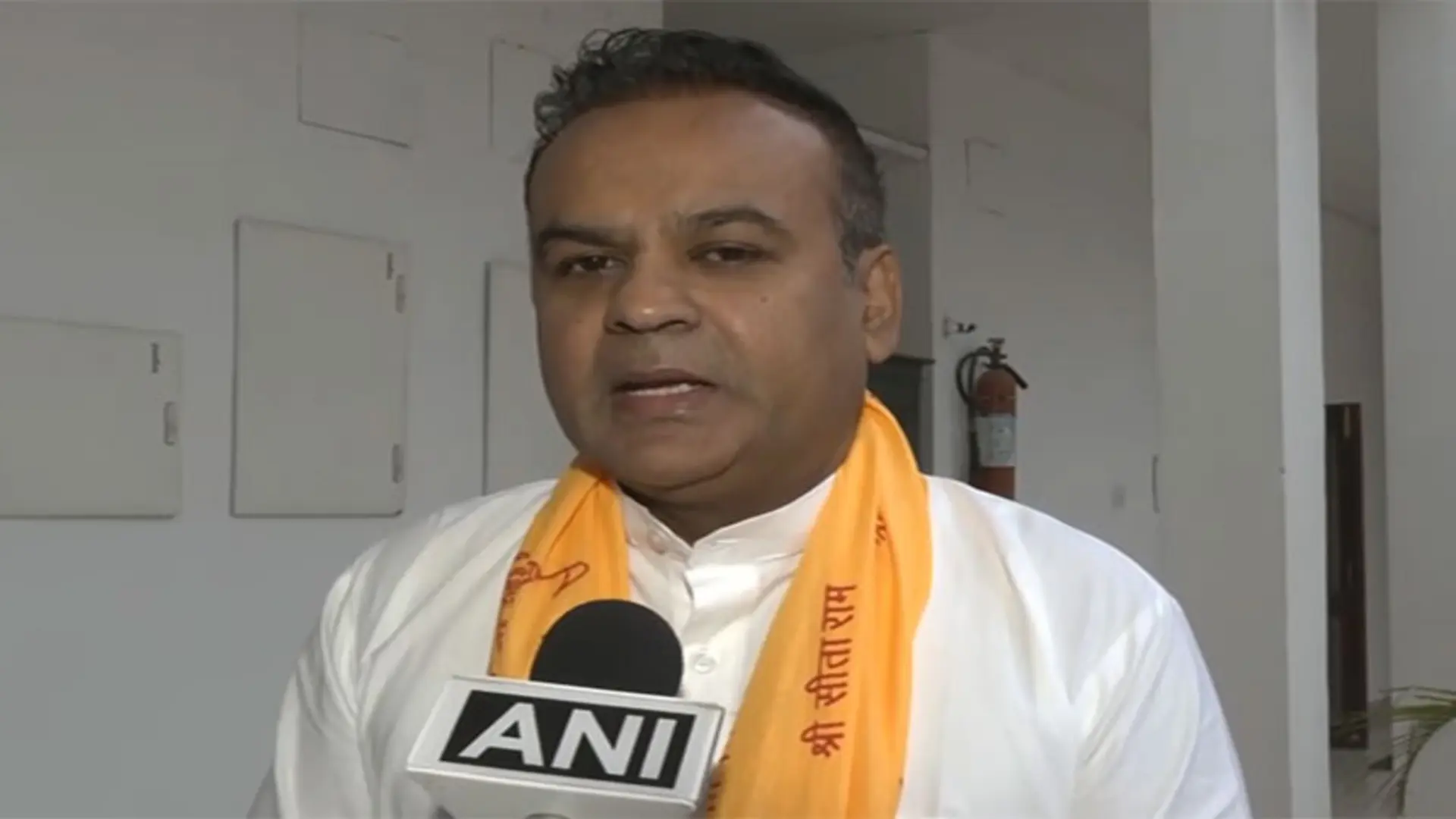In an era where environmental concerns are at the forefront of global discussions, the concept of sustainable living has gained significant traction. Adopting sustainable practices not only benefits the planet but also contributes to personal well-being. From reducing waste to conserving energy, there are numerous ways individuals can embrace a more sustainable lifestyle. In this article, we will explore practical and achievable sustainable living tips that can make a positive impact on the environment.
Reduce, Reuse, Recycle:
The mantra of “Reduce, Reuse, Recycle” remains a cornerstone of sustainable living. Minimize waste by choosing products with minimal packaging, opting for reusable items instead of disposable ones, and recycling materials like paper, glass, and plastics. Establishing a recycling routine in your home is a simple yet effective step towards reducing your ecological footprint.
Conserve Energy:
Energy conservation is a key aspect of sustainable living. Implement energy-efficient practices by using LED bulbs, turning off lights and appliances when not in use, and investing in energy-efficient appliances. Consider alternative energy sources such as solar panels to further reduce your reliance on non-renewable energy.
Water Conservation:
Preserving water is crucial for sustainable living. Fix leaks promptly, install water-saving appliances, and practice mindful water usage in daily activities such as washing dishes and doing laundry. Collect rainwater for outdoor plants, and consider installing low-flow faucets and showerheads to minimize water wastage.
Mindful Transportation:
Choose sustainable transportation options whenever possible. Walk, bike, carpool, or use public transportation to reduce your carbon footprint. If feasible, consider investing in an electric or hybrid vehicle. Additionally, practicing routine vehicle maintenance ensures optimal fuel efficiency.
Eco-Friendly Shopping:
Make informed choices while shopping by supporting businesses that prioritize sustainability. Choose products made from environmentally friendly materials, opt for locally sourced goods to reduce transportation emissions, and consider second-hand or thrift shopping to extend the life of products.
Green Eating Habits:
Adopting a sustainable diet contributes significantly to eco-conscious living. Incorporate more plant-based foods into your meals, support local and organic farmers, and reduce food waste by planning meals and properly storing leftovers. Consider growing your own herbs or vegetables to further reduce your reliance on store-bought produce.
Mindful Consumption:
Practice conscious consumerism by evaluating your actual needs before making purchases. Invest in quality, long-lasting items rather than succumbing to fast fashion or disposable trends. Choose products with minimal packaging and prioritize those that are easily recyclable or biodegradable.
Go Paperless:
In today’s digital age, opting for paperless alternatives helps reduce deforestation. Choose e-billing, digital subscriptions, and e-books instead of their paper counterparts. Recycle any paper products you do use, and consider using scrap paper for notes before recycling.
Conclusion
Embracing sustainable living is not about making drastic changes overnight but rather adopting mindful practices that collectively lead to positive environmental outcomes. By incorporating these sustainable living tips into our daily lives, we not only contribute to a healthier planet but also set an example for others to follow. Remember, every small effort counts, and collectively, we can pave the way for a greener, more sustainable future.














